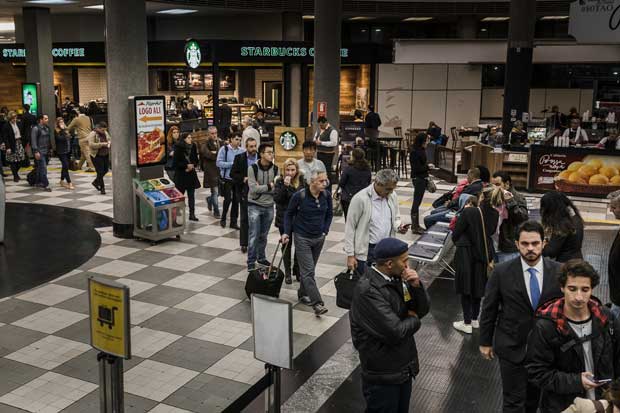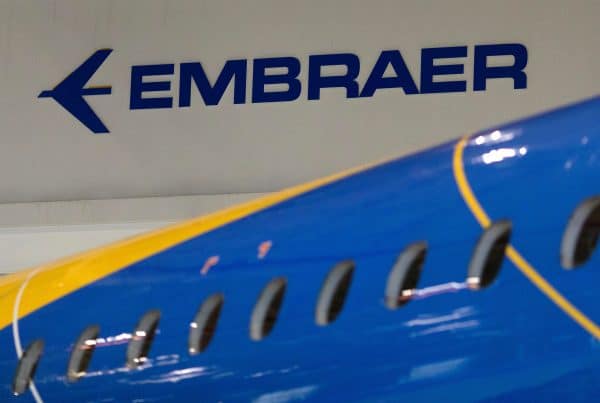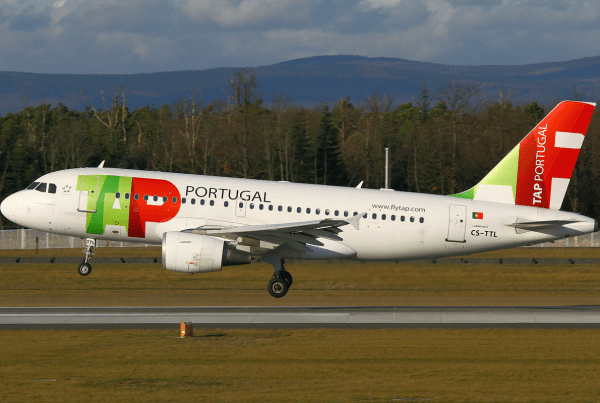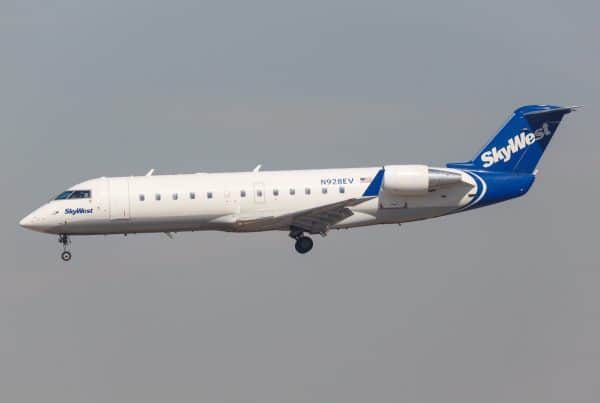Baggage in national flights started being charged June 1st for the first time in Brazil.
Released by Justice for more than a month, the airline Azul will be the first to start charging for
checked baggage on domestic flights. On domestic flights, the company created a new tariff class, called Azul.
Passengers who purchase the ticket in the new fare will not be entitled to carry luggage, only the hand bag of up to 10 kg.
If they decide to check in a suitcase of up to 23 kg, the additional amount charged will be $ 30.
In addition to the charge, the company also announced the reduction of the weight limit of the bags on flights to the United States and Europe.
Passengers who purchase tickets from now on will be able to carry two suitcases weighing up to 23 kg.
Under the old rules of Anac (National Agency of Civil Aviation), companies were obliged to accept two suitcases of up to 32 kg per passenger.
On international flights from Azul to destinations in South America, the checked baggage allowance remains in only one 23 kg bag.
In this case, however, there will be no additional charge.
In case of overweight on domestic flights, Azul will maintain the current policy of charging more per kilo.
The value changes according to the route.
In a flight between the airports of Congonhas, in São Paulo, and Santos Dumont, in Rio de Janeiro, the value is R$ 23 per kilo.
On flights to the United States, the amount charged for excess weight or extra volume will be reduced from R$150 to R$100.
In trips to Europe, the rate drops from €150 (R$ 544) to €100 (R$ 362).
For South America, excess baggage costs R$50 (€50 for flights to Cayenne, French Guiana).
Latam also reduced the luggage weight limit on international flights, also allowing only two bags of up to 23 kg each.
On flights to the United States and Europe, the excess charge varies according to the weight of the bag.
Between 24 kg and 33 kg, the value is US$ 100 (R$ 322). Between 34 kg and 45 kg, the fee charged is US$ 200 (R$ 644).
With the implementation of the measure, Azul will be the first national airline to charge for checked-in baggage.
On the eve of the start of the new rules, however, a federal court injunction prohibited collection.
Anac appealed the judicial decision and was able to release the charge again at the end of April.
After Azul, Gol will be the next to start charging for domestic flights, starting June 20.
During the release of the new measures, Azul addresses the issue not as an additional charge,
but as a discount for passengers who agree to travel without the baggage dispatch.
The problem is that ticket prices vary constantly according to the demand and date of the flights.
With this, it is not possible for the consumer to be sure if there was the discount or not.
A ticket that had the current cost of $500, for example, should be for $470 for those who did not check baggage (a discount of $30).
However, nothing would prevent companies from charging $530 with baggage and $500 with no baggage.
For the user, it would look like a discount, but in fact, there would be no discount, just an extra.




